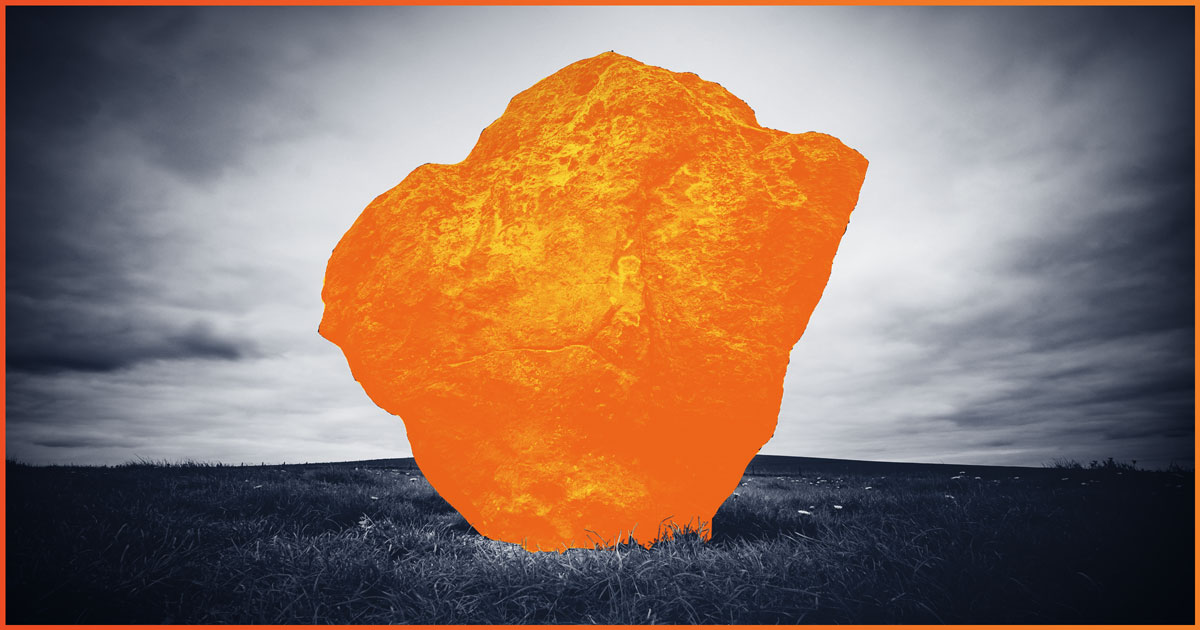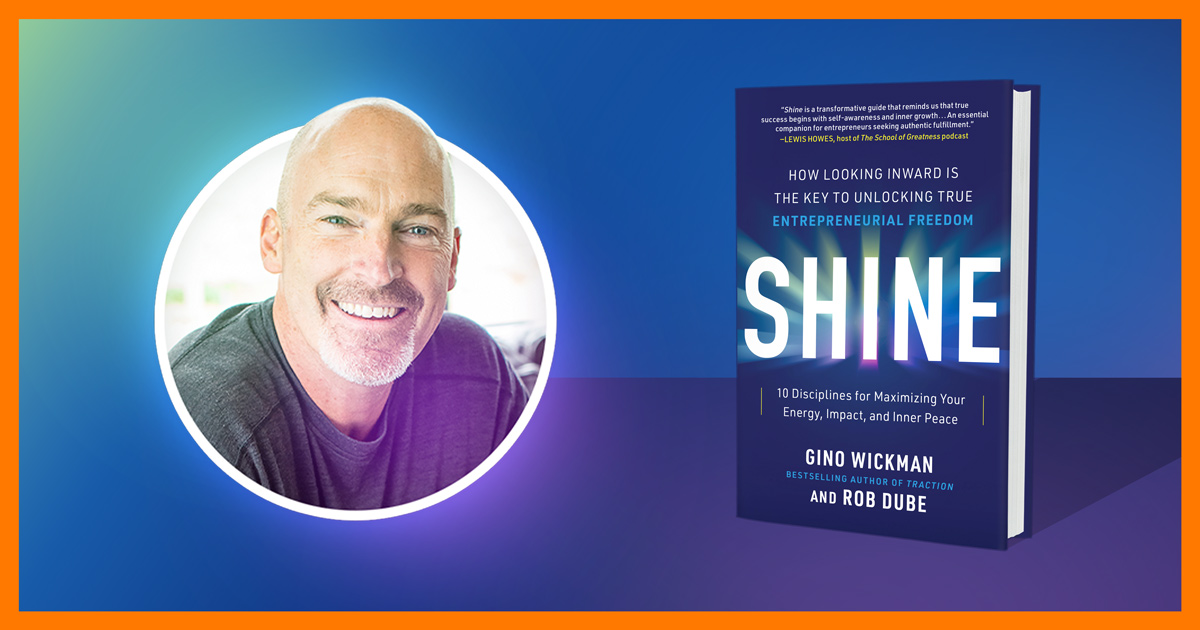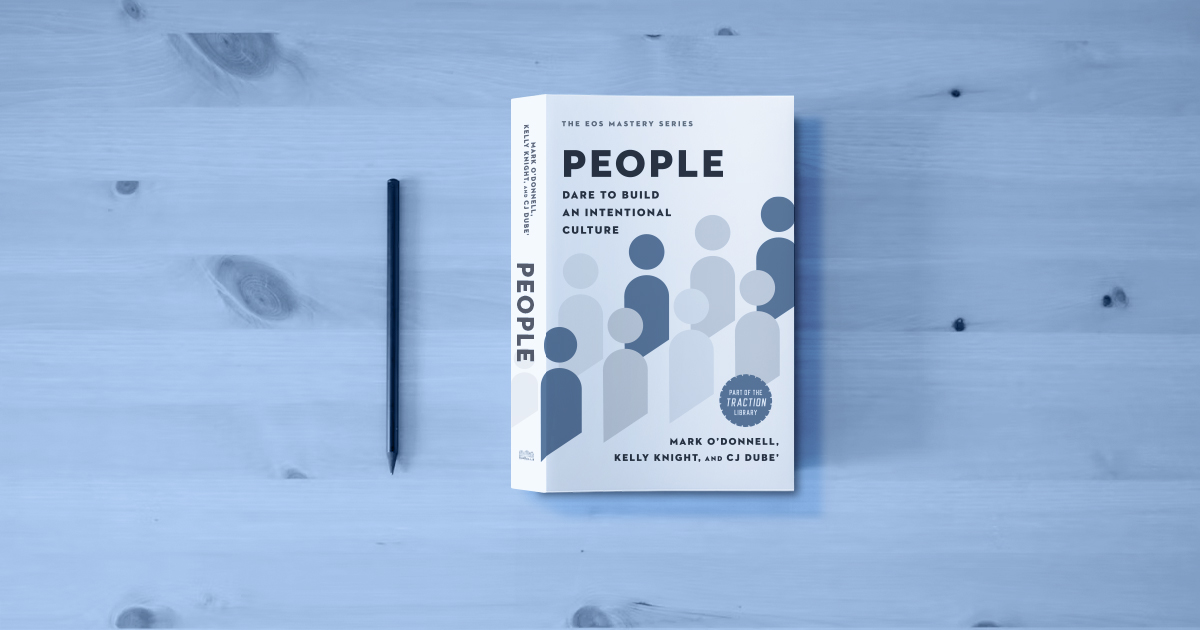 When implementing EOS, clients often say, “this may be simple, but it’s not easy!” And they’re right. I’ve been helping other companies master these tools for more than seven years, and I’m still learning something new every day.
When implementing EOS, clients often say, “this may be simple, but it’s not easy!” And they’re right. I’ve been helping other companies master these tools for more than seven years, and I’m still learning something new every day.
For many teams, IDS is one of those “simple but not easy” tools. As you may know, “I” stands for “Identify,” “D” stands for “Discuss,” and “S” stands for “Solve.” The truth is, most leadership teams and most leaders are far better at discussing their issues than they are at identifying the real root cause or solving the issue for the long-term, greater good of the organization. Why?
Some Teams Seem to Prefer Fighting
The root causes are numerous. Today, I’d like to focus on what seems like a strange phenomenon: some teams and some leaders just don’t seem to want to solve issues. They work harder to find disagreement and misalignment than on finding common ground. It seems they don’t want to agree, they don’t want to decide, and they don’t want to move the team and the organization forward.
I’ve come to understand this isn’t just willful dissension. In her great Harvard Business Review article “Your Brain Is Hooked on Being Right,” author and consultant Judith E. Glaser describes two chemical reactions in the human brain that make all of us susceptible to this destructive behavior.
First, Glaser explains that in high-stress situations, our instinctive brain hijacks our “executive functions.” When that happens, there are only four possible responses: fight, flee, freeze or appease. When we give in to one of those instinctive responses, reaching the desired outcome is impossible. Your instinctive brain just isn’t capable of working through the issue with your teammates. It won’t allow you to support a decision or solution you don’t agree with.
Glaser further explains that “fight” is by far the most common—and most destructive to team health—of those four responses. It’s another chemical reaction that makes it so. The fact is, winning a passionate argument feels great. Our brains flood with dopamine and adrenaline, which makes us feel dominant, powerful—even invincible. It’s a feeling we want to replicate. The more we argue and win, the more we want it to happen again; even when it hurts the team or the organization.
Override Your Instinctive Brain
So, the next time you’re frustrated by your team’s apparent preference for fighting over solving…relax. Pause for a moment. Recognize that your “instinctive brains” have taken over, and help your teammates do the same. After re-engaging your executive functions, work extra hard to hear and understand what everyone has to say. Open yourself up to the idea that someone other than you may be right. Only then can you and your team truly work together to solve the issue.
Simple—not easy.
Next Steps
- Share this post via Twitter, LinkedIn or email!
- Discover how to solve company issues early and quickly! Download free EOS tools.
- Ready to get started with EOS? Request a 90-Minute Meeting!



